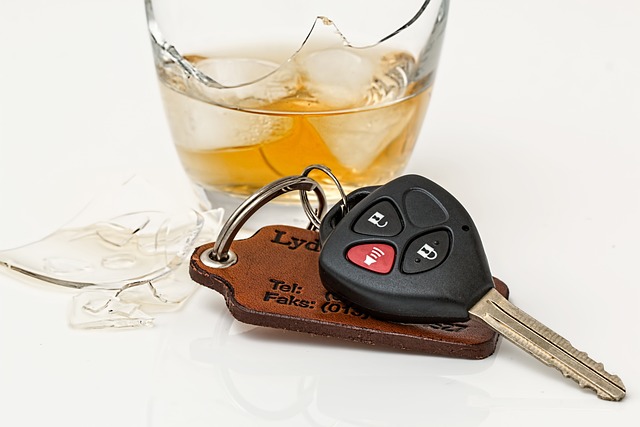
- Marquette321 N Front St
Marquette, MI 49855 - Munising202 Elm Ave, Ste 5
Munising, MI 49862

At Berger Law, we understand how frightening it can be to face criminal charges for operating while intoxicated (OWI) involving drugs. That said, if you have been arrested in Marquette or the surrounding area for driving under the influence of marijuana or any other drug, you need a clear understanding of the charges, the possible consequences, and the defenses that may be available to you. Continue reading and contact a skilled Marquette marijuana OWI lawyer from Berger Law for a free case evaluation today.
Importantly, OWI charges are not limited to alcohol. Under state law, it is illegal to operate a vehicle while impaired by any controlled substance, prescription medication, or even certain over-the-counter drugs if they affect your ability to drive safely. This includes substances such as marijuana, opioids, benzodiazepines, and other medications that can alter judgment, reaction time, or motor skills.
Michigan Compiled Laws (MCL) § 257.625 outlines the legal definition of OWI. The statute prohibits operating a motor vehicle with any amount of a controlled substance in your body, regardless of whether you appear impaired. It also covers situations where a driver is “under the influence” of drugs to the extent that their ability to operate a vehicle is substantially diminished.
The state does not require proof that your driving was dangerously erratic. Prosecutors only need to establish that drugs were present in your system in violation of the law or that your ability to operate the vehicle was impaired. Blood and urine tests are the most common methods used to detect drugs, but these tests can be challenged.
Unlike alcohol, there is no legal limit for how much marijuana you can have in your system. Marijuana is measured by the amount of delta 9 tetrahydrocannabinol (THC) in your blood, measured by the amount of nanograms per milliliter of THC in your blood. People have anywhere between 1 and 100 nanograms, but the amount does not correlate to how “high” the individual is. While law enforcement have tools to see if someone is too drunk to drive with the field sobriety tests, there are no reliable tests for THC impairment. For a great discussion of THC and driving, see the National Highway Traffic Safety Administration report to Congress in 2017.
Law enforcement in the Upper Peninsula, particularly the Michigan State Police, believe that anyone who has used Marijuana anytime in the twelve hours before driving is subject to arrest and OWI charges. At Berger Law, we are at the forefront of fighting against these bogus marijuana OWI charges. We have successfully defended dozens of these cases.
The penalties for an OWI drug offense depend on factors such as your prior record, the circumstances of the arrest, and whether anyone was injured or killed. Below is a breakdown of the potential consequences you may face for an OWI charge in Michigan.
First Offense (Misdemeanor)
Second Offense within 7 Years (Misdemeanor)
Third Offense (Felony)
OWI Causing Serious Injury (Felony)
OWI Causing Death (Felony)
In addition to these criminal penalties, a conviction can have lasting effects on employment, insurance rates, and professional licensing. For many people, the loss of driving privileges can be one of the most difficult consequences.
Every OWI drug case is unique, and the best defense will depend on the specific facts. However, there are several strategies that your OWI lawyer may use to challenge the prosecution’s case. Some of the most effective include the following:
Facing an OWI drug charge can be overwhelming, but you do not have to face it alone. Berger Law has extensive experience representing clients in Marquette and throughout the Upper Peninsula in serious criminal matters. Our goal is to protect your rights, minimize the potential consequences, and help you move forward. If you’re accused of driving while high, contact us immediately to discuss your case and begin building your defense.
Our Blog Posts
Read More Blogs

© 2026 Berger Law.
All rights reserved | Attorney Advertising